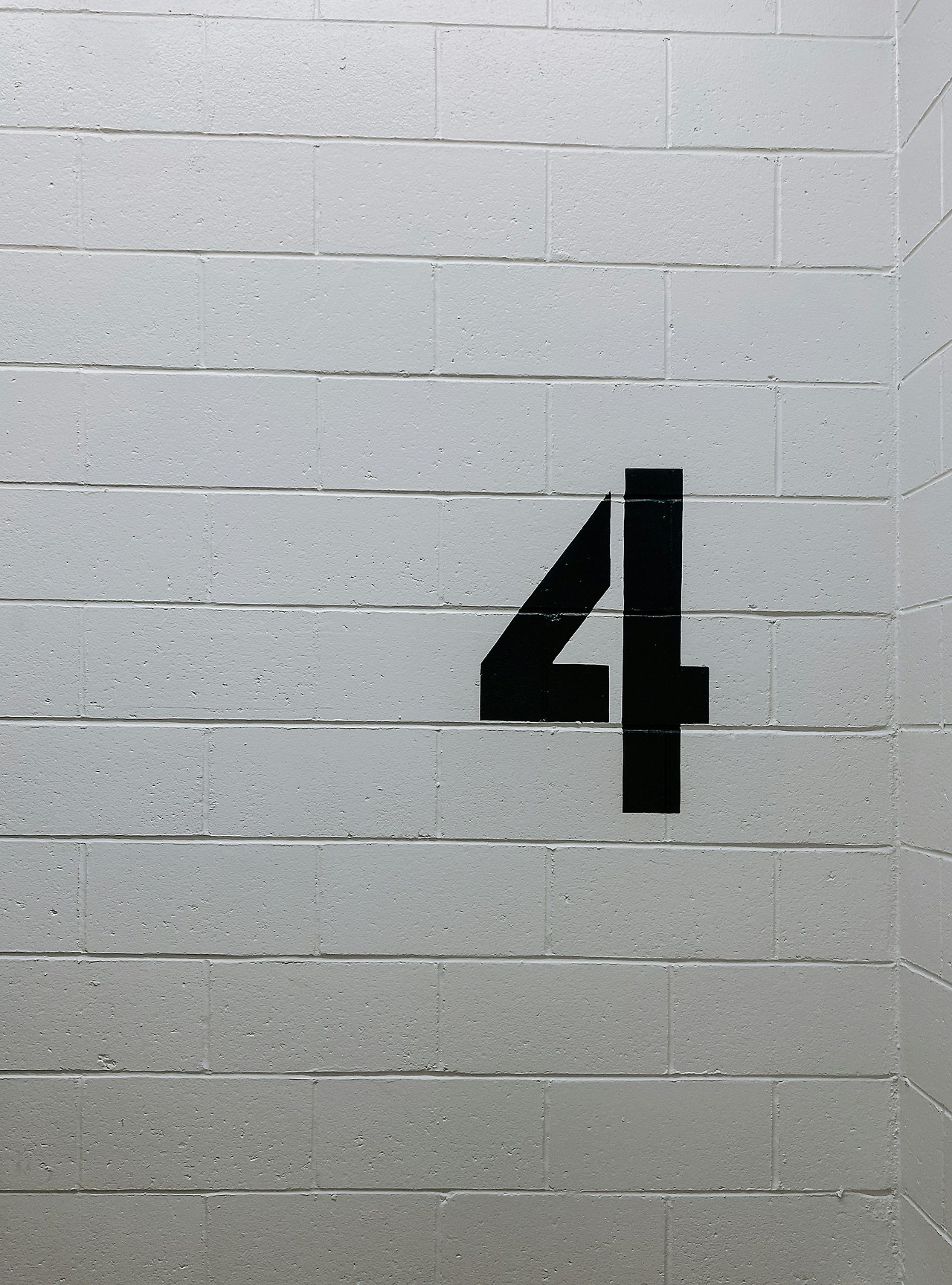4-Day Workweek Debate
A Closer Look at Possibility
South Korea’s political scene has recently been abuzz with contrasting remarks over labor policy, centering on whether to introduce a 4-day workweek while simultaneously considering exemptions to the current 52-hour cap for certain R&D jobs. Multiple local news articles spotlighted statements by prominent figures who insist that “lengthy working hours can’t secure global competitiveness anymore,” while others worry that small businesses might face steep costs if such a shift occurs. In one exchange at the National Assembly, a party leader proposed “paving the way toward a 4.5-day week, then eventually a 4-day schedule,” but still acknowledged the need for “specific industries to have flexible options.” This balancing act—reducing overall working hours while keeping productivity on track—is fueling intense debate among policymakers, corporations, and labor advocates alike.

At the core of this discussion lies a simple but impactful question: “Is a 4-day workweek feasible for South Korea?” Advocates argue that artificial intelligence and advanced technologies can offset reduced hours by boosting efficiency and innovation. They point to the growing global trend in which fewer workdays have correlated with higher employee satisfaction, better productivity, and potentially more sustainable growth. Skeptics, however, are quick to raise concerns about added burdens on employers—especially smaller enterprises—and the challenges of maintaining competitive output in R&D-heavy sectors. Several lawmakers, referencing opinions shared in recent parliamentary sessions and media coverage, also warn that without solid wage structures and protective policies, a shorter week may unintentionally widen gaps in income or working conditions.
Beyond potential economic impacts, supporters emphasize that cutting back on hours could help address work-life imbalance. They cite examples from local pilot programs suggesting that mental health and overall job satisfaction improve if employees have an extra day for personal pursuits. Yet an equally pressing consideration is how to prevent certain fields—like semiconductor research—from grinding to a halt if strict caps are enforced. Some experts see a “selective flexibility” model, where mandatory time caps and permissible overtime differ by industry, as a path forward. Even then, final agreement would require a delicate, multi-stakeholder dialogue to avoid giving rise to exploitation or understaffing.

Notably, these conflicting viewpoints reflect broader transformations in Korea’s policy landscape. Politicians are walking a tightrope by endorsing “creative autonomy” one moment, then conceding that “exceptional overtime might be unavoidable” the next. For the public, the 4-day workweek stands as a symbol of progress, a sign that work culture can adapt to changing societal values. But as these news reports illustrate, the challenge is ensuring that no party feels left behind—be it research-intensive industries demanding more flexibility or small retailers afraid of dwindling operating hours.
Many agree that this conversation can’t be reduced to a simple “yes or no” on fewer workdays. It is tied to Korea’s ongoing pursuit of balanced economic growth, robust social safeguards, and fair labor practices. Observers suggest that, in order for a 4-day workweek to become a practical reality, policymakers should consider extensive labor reform, expanded welfare measures, and continuous input from employers’ and employees’ groups. The bottom line is that talk of “innovation” must translate into tangible frameworks that protect workers’ rights while encouraging sustainable productivity.
This article was written with AI assistance.
#4DayWorkweek #KoreanPolitics #LaborReforms #WorkingHours #RDException #FlexibleSchedule #SmallBusinesses #Innovation #AIandProductivity #PolicyDebate #EconomicGrowth #SocialDialogue #OvertimeConcerns #WorkLifeBalance
'취미 > 일상' 카테고리의 다른 글
| [Korea View] Trump’s 25% Tariff: Prospects for Korean Steel (1) | 2025.02.11 |
|---|---|
| 트럼프, 우리나라 철강도 관세 25%? (3) | 2025.02.11 |
| [Korea View] Short Track in Harbin, the Unfinished Drama (1) | 2025.02.09 |
| 텔레그램 N번방의 3배.. 5년만에 드디어 목사방 검거.. 충격.. 피해자 234명..? (1) | 2025.02.08 |
| [Korea View] Will Naver's AI Spark a 10T Breakthrough (1) | 2025.02.06 |